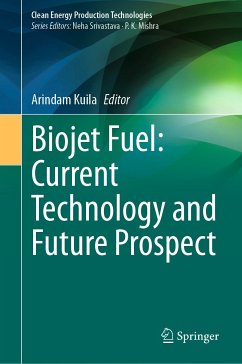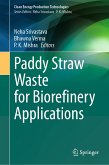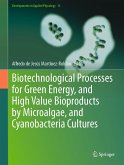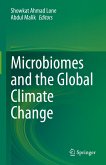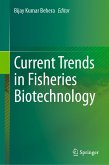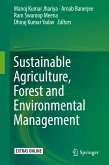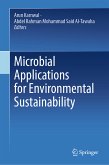The aviation industry globally consumes approximately 200 million tonnes of jet fuels each year, with a projected continuous growth rate of 5% per year until 2050 (Seymour et al., 2020). Currently, the global demand for jet fuel is predominantly met by petroleum-based fuels. However, the limited availability of fossil fuels and increasing concerns about climate change have placed significant pressureon commercial airlines to reduce greenhouse gas emissions and embrace cleaner and more sustainable practices.
Biojet fuel has emerged as the most favorable alternative to petroleum-based jet fuel due to its renewable nature and sustainable characteristics. Despite its potential, there is a limited number of reports available on the production of biojet fuel from different types of substrates. The present scenario of biojet fuel necessitates the development of improved and cost-effective technologies that can yield long-term benefits.
The book is useful for students and researchers in various branches of life sciences, including environmental biotechnology, bioprocess engineering, renewable energy, chemical engineering, nanotechnology, biotechnology, microbiology, and more.
Dieser Download kann aus rechtlichen Gründen nur mit Rechnungsadresse in A, B, BG, CY, CZ, D, DK, EW, E, FIN, F, GR, HR, H, IRL, I, LT, L, LR, M, NL, PL, P, R, S, SLO, SK ausgeliefert werden.

